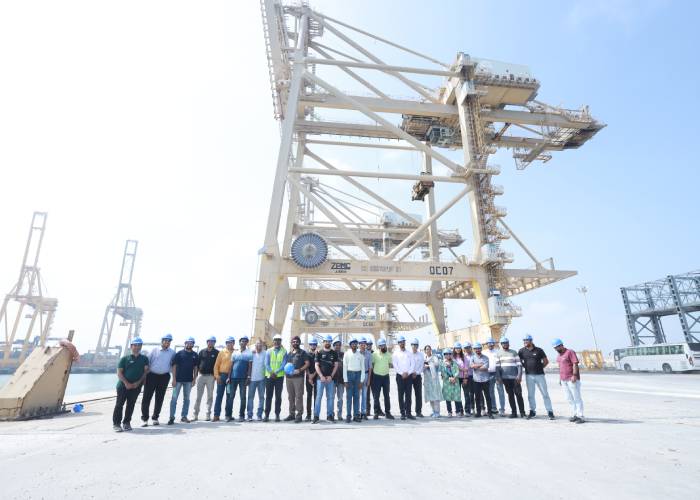Financial Management in Supply Chain & Maritime
Core Course 2 - MBA DMSC Program
Investment Decision Making
Risk Management
IIT Madras Faculty
Maritime Finance Focus
Real-World Applications
Career Advancement
Focuses on how money flows in supply chain and maritime businesses. Students learn budgeting, cost control, investment decisions, and financial risk management. It helps participants understand how financial decisions affect logistics, shipping, and overall business performance.
